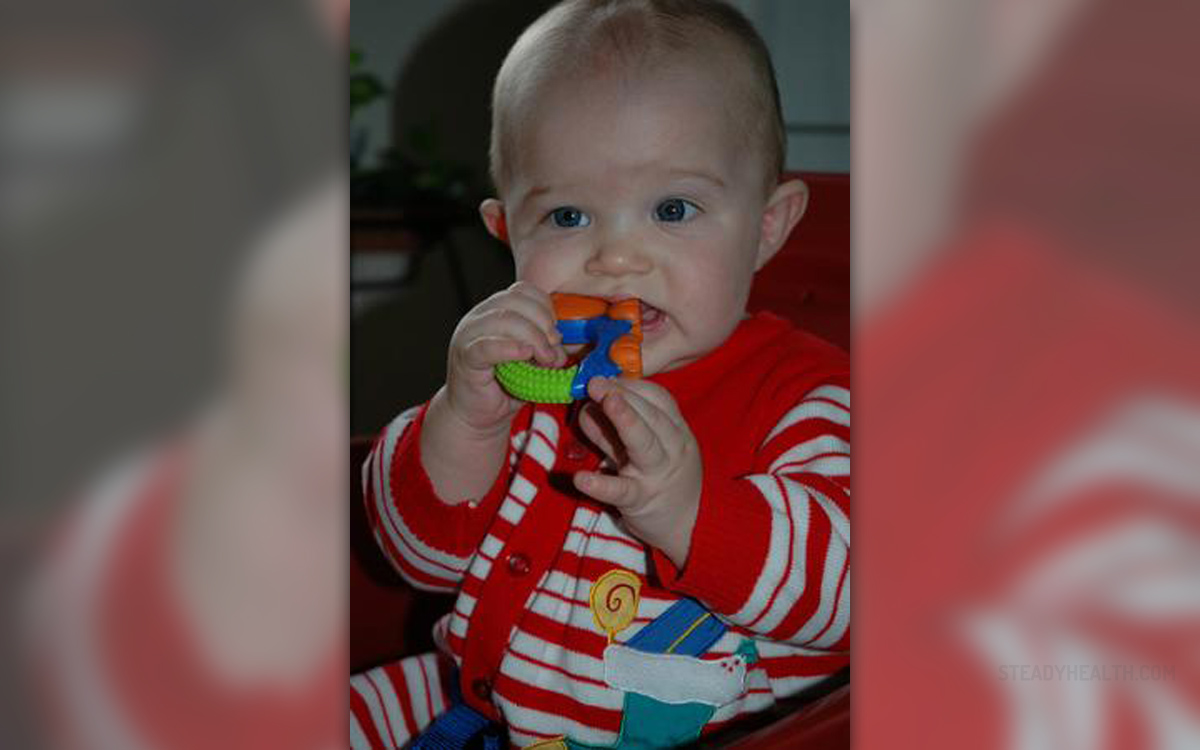
Teething is one of the scariest things that new moms have to deal with. It is particularly frustrating because it is obvious that, when the teeth start to erupt, the baby is in pain, and that is painful for the parents as well.
Typical signs of teething include red, swollen or bulging gums and drooling, accompanied by irritability, fussiness and crying. Teething babies usually feel worse during the night, when there is nothing to distract their attention from the pain.
Babies who are growing teeth tend to chew on anything they can get their hands on, their fingers, their parents’ fingers, toys and other objects. The pressure they exert on the gums while chewing on objects actually counters the pressure from inside the gums and provides relief for the pain.
Fever, although mild and low-grade, is something that can occur during teething. However, if the fever is high and if the baby has diarrhea, it is best to see a doctor.
Causes of baby teething fever
When the new teeth start erupting, they cause pressure on the ear canal and on sinus cavities. The pressure to the ear canal can result in an infection, the canal becomes filled with fluid that cannot drain and becomes a favorable ground for bacteria. The infection causes mild, intermittent fever. However, if the fever is high and if there are other symptoms related to the infection, it is recommended to take the baby to a pediatrician.
Treatment for baby teething fever
Mild, low-grade fever is normal during the teething process, just like the pain, but there is no need to keep the baby suffering when there are safe and efficient ways to help him or her.
Chewing or gnawing on a washcloth soaked in cold water or on chewing toys kept in the refrigerator can ease the pain and reduce the fever. Frozen slices of banana or bagel can help too.
Lukewarm baths help lower the body temperature back to normal. It is important that the water is not too cold or too hot. The clothing should be light so the heat can escape from the body. Heavy blankets and winter clothes are the first thing most parents think about when their baby has a mild fever, but they actually make it worse.
As for the medication, there are drugs that can be given to the baby as long as they are suitable and safe for children and if they are recommended or prescribed by a pediatrician. Most doctors advise against fever-reducing medications for low-grade or moderate fever and only recommend them for high fever.




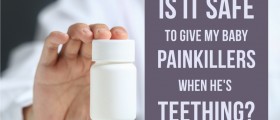
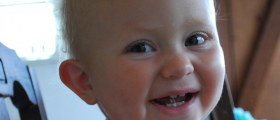
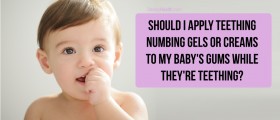


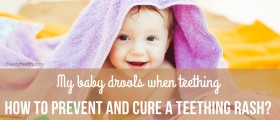
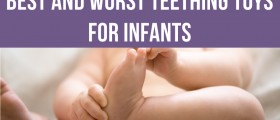
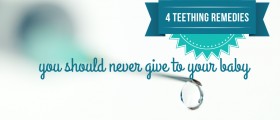

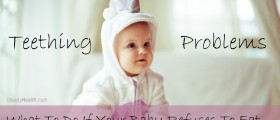
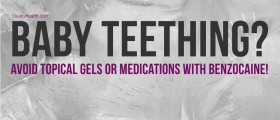
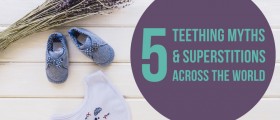

Your thoughts on this
Loading...